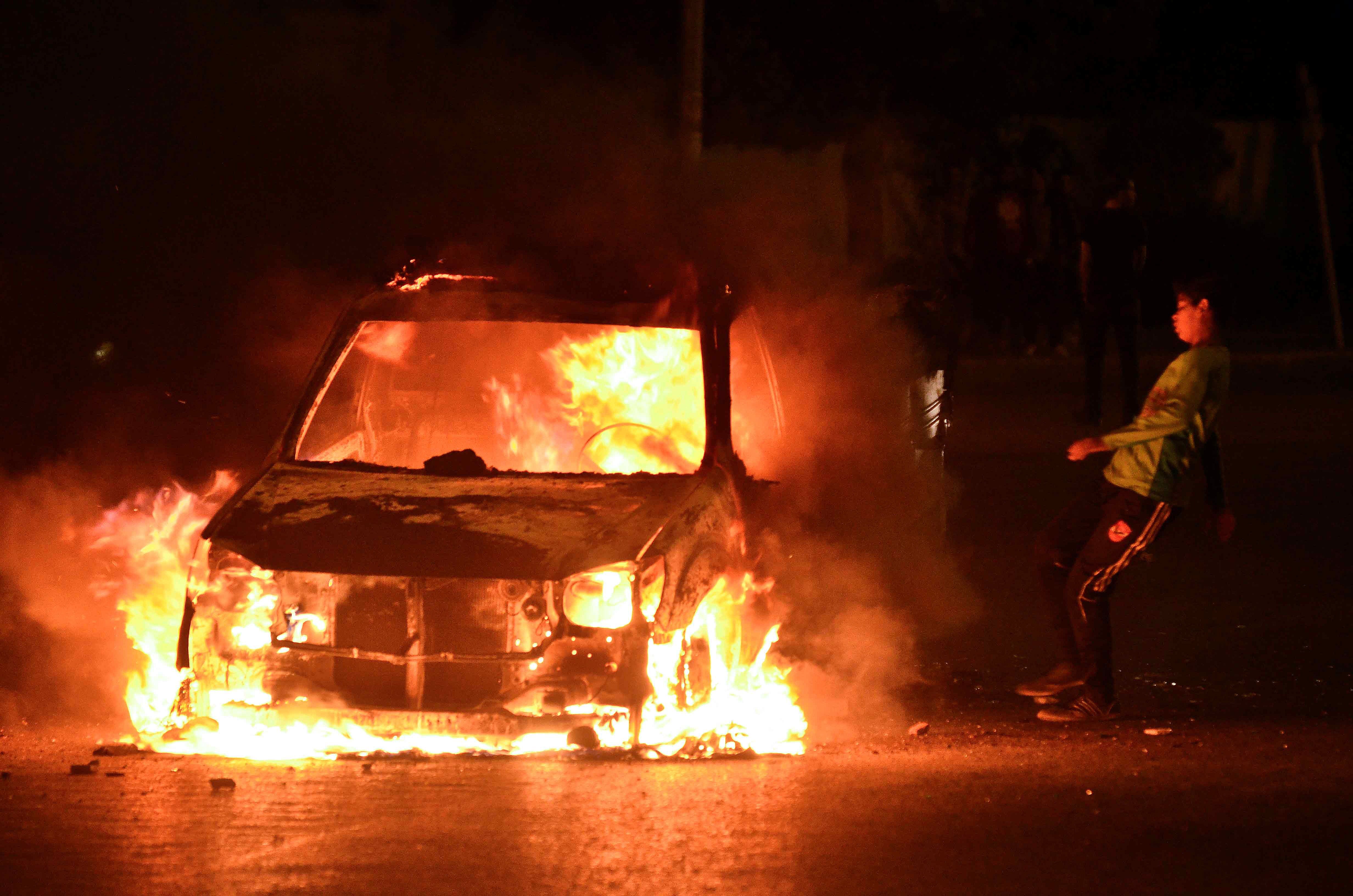CAIRO: Journalists’ death toll rose to the highest level recorded by the Committee to Protect Journalists (CPJ) in 2009 with the massacre of 31 journalists and media workers in Philippines, CPJ said in its latest report
CPJ released the New York-based annual report entitled “Attacks on the Press in 2009, in Cairo Tuesday.
According to the report, 71 journalists were killed in 2009.
The report summarizes cases of attacks and restrictions imposed on journalists in different areas around the world, painting a gloomy picture of press freedom.
“Half the news people in jail worldwide are online journalists, explains Fareed Zakaria in the report’s preface.
By the end of 2009, a large number of journalists were still imprisoned in many countries, explains Mohamed Abdul Dayem, CPJ’s executive director.
In the Middle East, there has been a rise in prominence of human rights organizations as well as transitional media, states the report.
“Online journalism and blogging are flourishing, explains the report.
Taboo subjects such as human rights abuses are now covered in unprecedented detail by professional journalists in the region, which is experiencing the fastest growth of the internet penetration in the world.
In Egypt for example, with the increase of internet users; bloggers like Mohamed Khalaf and Wael Abbas were able to present video clips of police brutality.
Other journalists like Noha Atef were able to run TortureInEgypt, a website that reports on abuses in Egypt’s police stations and prisons.
But despite this freedom, Egypt does restrict the amount of information presented to the people, adds the report.
On Dec. 1, 2009, three online journalists were imprisoned.
“There is relentless pursuit of bloggers and citizen journalists, invading their privacy and hacking into their personal accounts, blogger Mostafa El-Naggar explained to CPJ.
The internet traffic here in Egypt passes through servers controlled by the state, explains the report.
The CPJ’s report said that Egypt is among the region’s worst oppressors on the online media.
A case in point is blogger Kareem Amer who is currently serving a four-year prison sentence imposed on him in February 2007. Wael Abbas is also a high profile blogger at loggerheads with state security.
Bloggers Magdi Saad, Abdel Rahman Ayyash and Ahmed Abu Khalil were also detained with no charges.
However, in Egypt, restrictions are not only imposed on online media. According to the report, authorities followed tactics to control news media covering court cases, imposing fines and harassing journalists.
“Several editors were fined for reporting on the president and other sensitive topics, the report read.
In February 2009, a judge in Cairo fined five journalists for violating a gag order on the trial of business tycoon Hisham Talaat Moustafa.
Nader Gohar, Cairo News Company managing director faced charges of operating broadcasting equipment without authorization. According to the report, the prosecution was prompted by its client’s – Al-Jazeera – coverage of 2008 labor protests which included footage of protestors tearing down a poster of Mubarak.
The report also discussed foreign journalists who have been a target in Egypt. Swedish Freelance reporter Per Bjorklund was banned from entering Egypt with a claim that he was planning a pro-Palestine protest.
Speaking in the press conference, member of the Journalists’ Syndicate’s board Gamal Fahmy explained that every year he hopes that conditions would change for the better; yet they always deteriorate. However, he remains optimistic.
“The [CPJ report] will be released in six different cities including New York, Brussels, Nairobi and Cairo, Fahmy said.
“If we compare Egypt with Tunisia, Egypt does have more freedom of expression, explains Naziha Rejiba, editor of the Tunisian independent online news journal Kalima. She goes on explaining that despite this fact, the Egyptian government controls this freedom whenever it pleases.
Egypt’s human rights record will be discussed in the framework of the Universal Periodic Review on Feb. 18. At the same time CPJ along with other human rights organizations will send a delegation to discuss the report on Egypt’s attacks on the press in 2009.

